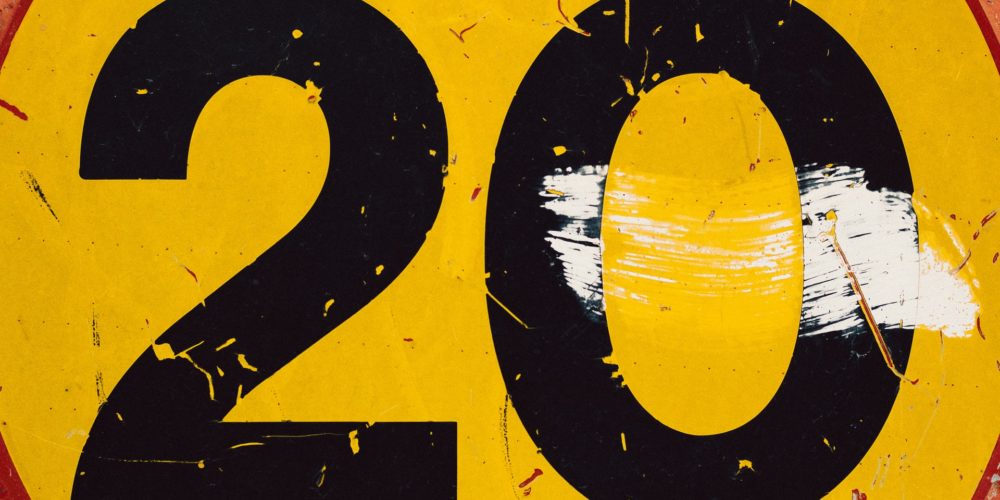What kind of experience do tomorrow’s leaders need?

Experience, we know, is a good thing. Those who have encountered different adventures and escapades, wins and losses, setbacks and learnings, are useful to others. The thinking is that previous encounters build knowledge and even wisdom. Those who have done stuff before, faced situations before, are likely to be better than those who come in cold.
We look for experience in people when recruiting them. We think seasoned leaders rather than greenhorns deserve our votes. Even in personal relationships, some look for folks who are worldly-wise, rather than inexperienced and juvenile. The numbers of years you have clocked doing or being something tends to place you in good stead.
There’s an old joke, though: when someone has twenty years of experience, do they have twenty different years, or the same year twenty times? The difference between the two really matters.
Most people have the latter when they talk of their long experience. They learned something way back; and then they pressed repeat year after year. When you recruit such a person, you are getting someone who has done the same thing over and over, not someone who has grown through experience.
Increasingly, however, we are not looking for unchanging competencies. Today’s world has uncertainty embedded in it. We more often need to hire people with the ability to change and adapt to fluid circumstances, not just those with rigid skillsets.
Someone who has done the same thing the same way for twenty years does have something to offer, don’t get me wrong: they have a deep and particular knowledge of a specific type of work. That solidity, and that knowledge gained from repeating the same thing, may well be of value to you.
Is that what we need in leadership roles, though? Anyone you hire today will face a very different world two, five, ten years from now. Do you really want to install a person who can’t learn new things as they go? Even if we believe that people’s pasts are a good guide to their futures, what we should be looking for instead is evidence of growth, of adaptation, of agility.
Who is doing this, though? A typical selection process still looks like this. Do you have the qualifications? Tick. Do you have enough experience in a similar role? Tick. Do you look like what we expect the job-holder to look like? Tick. Do you remind us of ourselves? Double tick. Congratulations, hired.
I’ve done a fair bit of hiring myself over the years. Here’s a little insight: some of the best hires I’ve made have been the unusual people. The ones without the standard credentials; the ones without any similar experience; the ones who don’t colour inside the Iines. Why so? Because those are the ones not yet fully formed, who can be reshaped to suit circumstances. Because those are the ones who are not prisoners of an irrelevant past. Because those are the mavericks not wedded to rigid norms. When I want people of imagination to do jobs that require creativity, the last thing I look for is conformists.
Even as voters, we should be looking for unusual candidates. Consider the world we are in now. This world is still reeling from a coronavirus pandemic. It is having to cope with global supply shortages and rampant inflation. It is hatching digital currencies. It is being swept along by technology that is upending all the old ways of doing things.
Is this a situation requiring those with experience of decades past; those who hark back to the good old days; those who think smartphones are for making phone calls? Even if your candidate—for a corporate job or a national position—is from the world of yesteryear, you must look for evidence of evolution and transformation over time.
There is not much one can do about one’s experience once it is done. For those in their early years of work, though, some foresight is needed. Unless your work relates to a very specific craft or artisanal skill, do not get trapped into very similar roles requiring very particular skills. Learn and do something really well, by all means; but if future leadership is your game, then move on to new experiences and new competencies.
We are now smack in a world where much of our past is just sunk cost. It is done, and it is irrelevant. What is of great value is the ability to cope with the twists and turns of the years to come. That is not a job for those who sit in the same place doing the same things over and over. It needs people who can foresee and adapt; who can play the instrument even when there is no music sheet; who keep learning and reskilling with every day that passes; who can shape and reshape their organizations as needed.
(Sunday Nation, 17 July 2022)

Buy Sunny Bindra's new book
The X in CX
here »
Popular Posts
- Snakes and Ladders, AKA your lifeJanuary 25, 2026
- The man who passed by one markJanuary 18, 2026
- Make this your year of being boringJanuary 4, 2026
- How things fall apartFebruary 8, 2026
- Pretty isn’t the productFebruary 1, 2026















